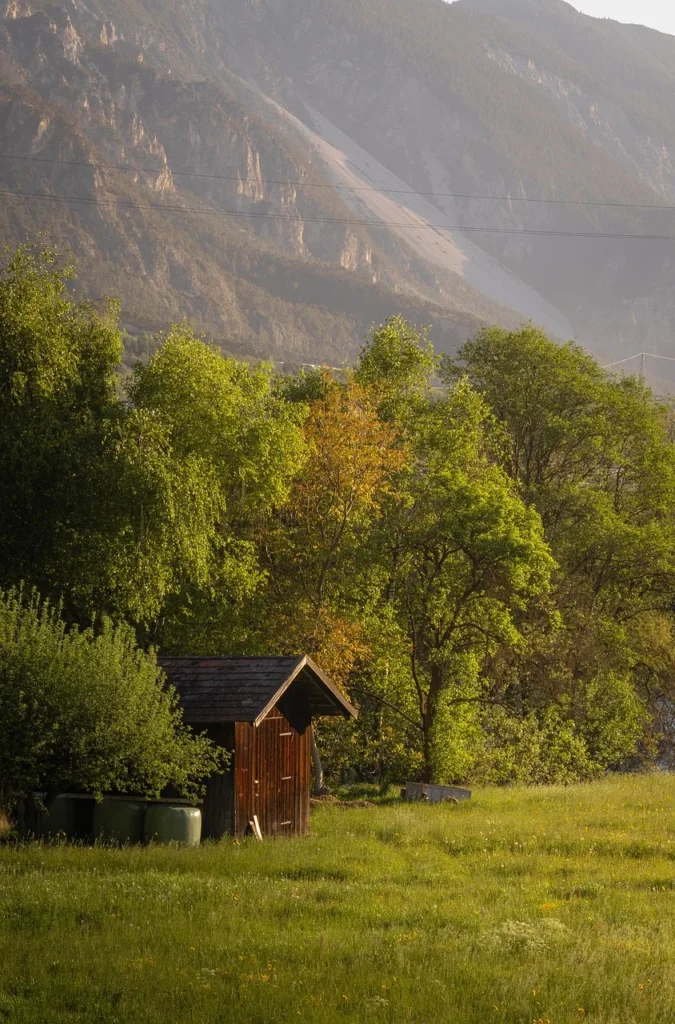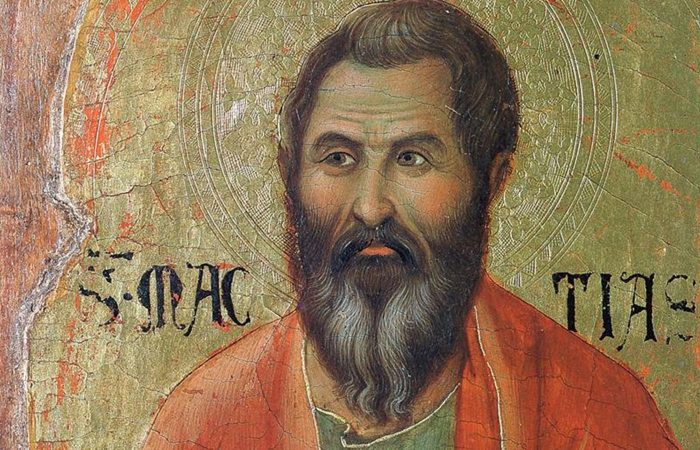Reflection by Bishop Enrique Díaz: New Heavens and a New Earth
Fifth Sunday of Easter

Bishop Enrique Díaz Díaz shares with Exaudi readers his reflection on the Gospel for this Sunday, May 18, 2025, entitled: “New Heavens and a New Earth.”
***
Acts 14:21-27: “They told the community what God had done through them.”
Psalm 144: “I will bless the Lord forever. Alleluia.”
Revelation 21:1-5: “The holy city, new Jerusalem, was coming down from heaven.”
John 13:31-33, 34-35: “A new commandment I give you: love one another.”
Today, the Apocalypse presents us with an ideal vision of the world we hope for. Although many refer to this book as catastrophic, its purpose is to provide hope, but real hope, that overcomes the community’s serious problems: persecution, desertion, division, poverty, and difficulties. It narrates all this with symbols and images. The text presented to us this Sunday prompts us to look toward the future, proposing the image of a new heaven and a new earth. It is the wonderful hope we can raise in the face of pessimists and prophets of death and discouragement who threaten the world with inexorable destruction and ridicule the possibility of building a better world. Children’s dreams? The proposals of the Apocalypse are firmly based on the promises of the New Covenant that Christ sealed with his passion and his triumph over death.
The Gospel offers us the foundations on which to build. When Christ leaves us, he gives the disciples his spiritual testament: the great commandment of love as a visible sign of adherence to Him and the real and affective experience of brotherhood. This is Jesus’ way of building, and it is the way he wants his disciples to build. The world will identify what community it is if the disciples keep this commandment of love among themselves. Jesus revives the Law, but he establishes love as its means of fulfillment. Whoever loves fulfills all the other precepts of the Law. Perhaps the early community would have discussed what its own and unequivocal distinctive mark would be. For this, they appeal to Jesus’ own words. In a world filled with selfishness, envy, resentment, and hatred, the community is called to bear witness to another, completely new and distinct reality: the witness of love. These are the foundations upon which a new society can be built. As long as we do not live in love, no law can change society.
When our politicians make proposals that seem novel, they always fall short because they are not based on love and mutual respect. It is not the romantic, saccharine love of teenage sweethearts. It is the true commitment to giving oneself to others to the extent that Jesus proposes. Just as he loved. To love to the point of giving one’s life. It is the love of a couple that knows how to overcome natural differences; it is the love of parents who do not raise children and then pass the bill on to them in elderly care; it is the love of neighbor where each one is taken into account and one’s own interests are not considered. Thus, we can build a new city. Thus, we can be excited about building the Kingdom that Jesus proposes and for which He gave His life.
Unfortunately, we Christians fall short. We have a great program, but we rarely carry it out. One of the main reasons why so many Christians leave the Church lies precisely in the lack of a much more open and decisive witness to love. Too often, our communities are veritable battlefields where we confront one another; where we fail to recognize the image of God in one another. And this affects the faith and goodwill of many believers.
And it is not intended that in our communities there will be no arguments or no room for differences. This is precisely what makes a community great: one that is capable of loving those who are different, capable of integrating, and able to overcome conflict. It is capable of creating an atmosphere of discernment, of refining faith and the deepest convictions regarding the Gospel. In conflict—carried out in terms of mutual Christian respect and love—we learn precisely the value of tolerance, of respect for diversity, and the improvement of our way of understanding and practicing love. From conflict, understood in this way, it is possible to create space for building and growth. This requires faith, openness to change, and, above all, the willingness to be filled with the living power of Jesus. Only to this extent does our human and Christian life acquire ever greater meaning and become an authentic witness of evangelization.
Will we be able to build upon our differences? Will we be able to propose an ideal society where everyone’s rights, individuality, and growth are respected? Furthermore, if we follow Jesus’ style, we will take special care of the least fortunate, the poorest, and the most needy. Because sometimes it seems that governments govern only to favor the most powerful or for fear of displeasing them. And when proposals are made, they are more concerned with destroying and ridiculing their adversaries than with offering solutions that inspire and inspire citizens in the construction of a better community.
Each of us, as Christians, today must question our attitude toward building the Kingdom. Although the Book of Revelation says: “I saw the holy city, New Jerusalem, adorned like a bride, coming down out of heaven from God,” it in no way proposes passivity and indifference as the path of the future. On the contrary, once we have recognized the difficulties and problems, both internal and external, it urges us, trusting in the risen Christ, to put all our efforts into seeking that world where “there will be no more death, nor mourning, nor pain, nor crying, for the old ways are no more.” Certainly, peace is a gift from God, but it requires the intense and trusting work of humankind. The Holy City is a commitment and a gift. Its construction requires prayer and the sweat of effort.
How do we live the commandment of love among ourselves? How do we bear witness to this love in the family, at work, and in the building of society? How are we building this “new city,” this new society?
Lord, you, who have taught us that love for our neighbor encompasses all your life and your teaching, teach us to overcome our selfishness and individualism, to build “the new heavens and the earth” among us, a pledge of the true heavenly Jerusalem. Amen.
Related

I Give You a New Commandment: Commentary by Fr. Jorge Miró
Jorge Miró
17 May, 2025
3 min

Zaña, the “gateway to heaven” in Peru, where Bishop Prevost founded a school for the future
Hernán Sergio Mora
16 May, 2025
2 min

St. Vincent de Paul. 140 years as Patron of Charity Associations
Exaudi Staff
16 May, 2025
4 min

Saint Matthias, Apostle, May 14
José Miguel Bracero
14 May, 2025
4 min
 (EN)
(EN)
 (ES)
(ES)
 (IT)
(IT)

